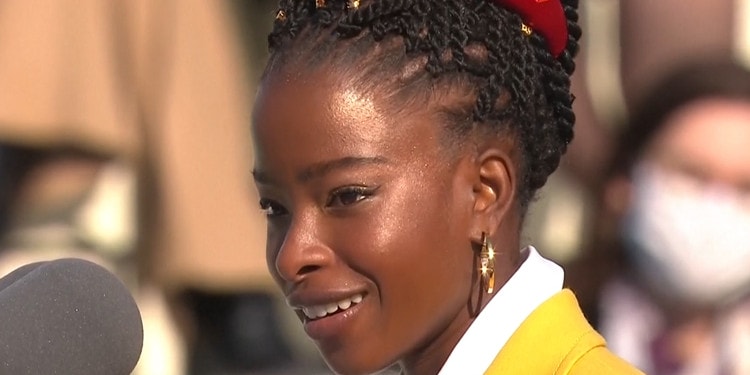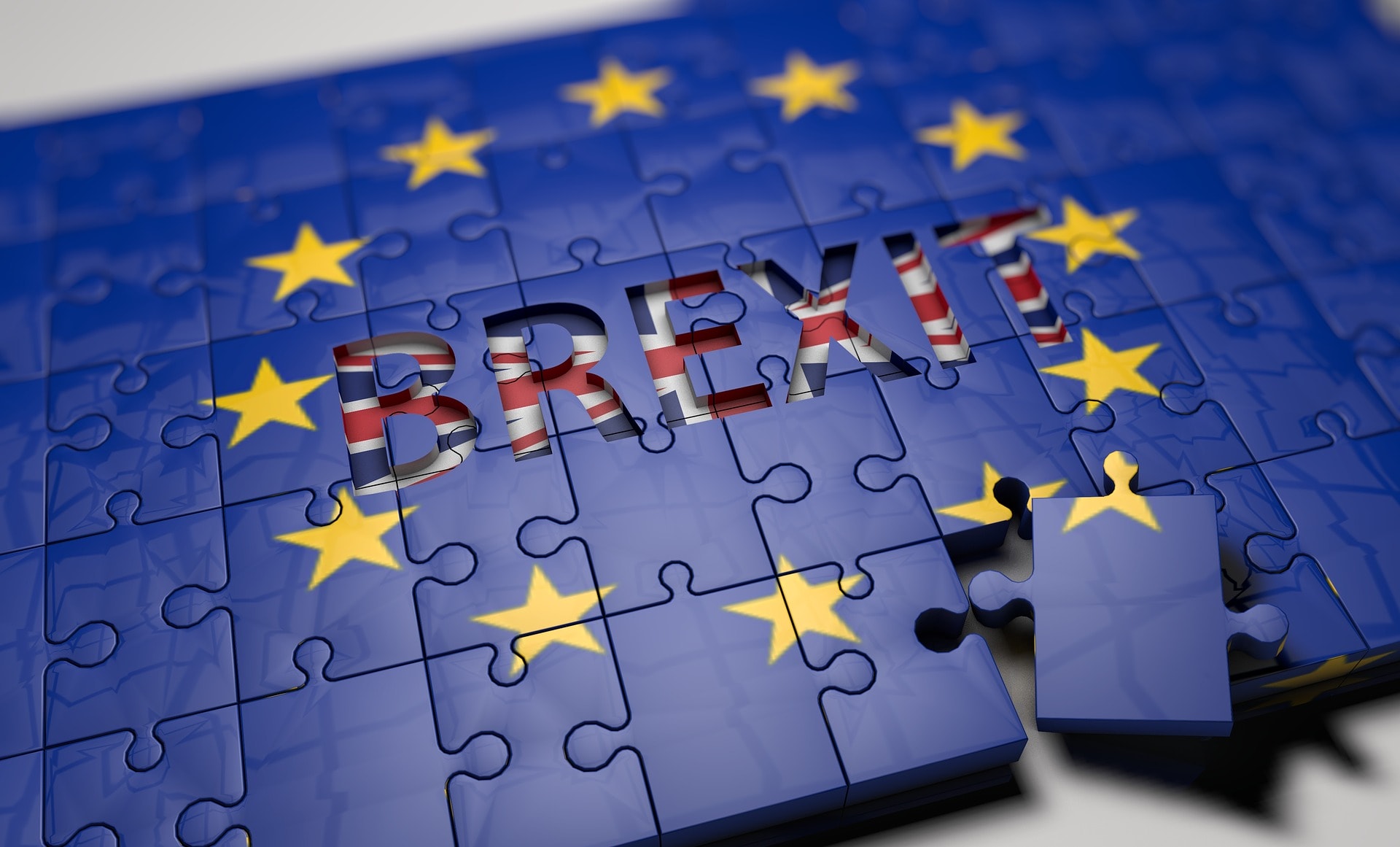Like a light for religious communities, the challenge to America came from a young, inspired poet at Biden’s Inauguration: “If only we’re brave enough to be it”. And we were all reminded of what is at stake: America’s return to American values of dignity, respect, decency, equality, honesty, charity, and yes, the “pursuit of happiness”. Indeed, as Amanda Gorman reminds us in her poem:
while we have our eyes on the future
history has its eyes on us
Among important transfers of power and leadership this January 2021, the coming into office of the Biden Administration on January 20 had a seismic global impact. People around the world were riveted to the inauguration ceremonies and every word, gesture, and symbol they could glean about America’s new leadership.
The new administration faces baptisms of fire. These realities were marked by\somber tributes during the inauguration ceremonies to the over 400,000 who have lost their lives to COVID-19 in America alone and the many allusions to the anguish, anger, and soul-searching following the January 6 desecration of the US Capitol. There is a keen awareness of the deep rifts in the society and economy and a deeply tarnished international reputation.
But the new beginning was marked by hope as well as relief and messages from around the world to us welcomed the spirit of change. Those nominated for Cabinet and other significant national leadership positions mark these new beginnings in many ways. Of special importance, in our divided times, they reflect a historic commitment to diversity and inclusion, witnessed by a careful watch on proportions by race, ethnicity, and religion.
The transfer of power in Washington is colored in countless ways by the shared global challenges presented by the COVID pandemic.
The World Health Organization’s Director-General warned of a potential “moral catastrophe” if the world, and thus also the United States, fails to fulfill promises of equity and caring, succumbing instead to the hardening of political views and beggar-thy-neighbor attitudes. Presidential Executive Orders in the first hours of the new administration (including rescinding the withdrawal from the WHO) and the intention to join the common global efforts of COVAX and the ACT-Accelerator, promise a beginning of charting new directions.
Addressing the COVID-19 emergencies, that stifle action across the world, is a first step in restoring moral leadership and a spirit of multilateral collaboration. Thus the lifting of the unconscionable Trump Muslim travel ban signals that public policy religious discrimination cannot be part of “who America is”, that it will not be supported or encouraged, by government, and, conversely, that it will be resisted.
This is positive, but it’s just one step for religious equality and more steps are needed to express and build a set of concrete actions to make such good intentions proactively real.
In the American tradition, it is the first 100 days of any new Administration that offer the greatest opportunity for success. The President’s to-do list is in the full glare of public attention, but there is a special focus on the first window of change, a much shorter one: The first ten days.
All eyes are on President Biden and Vice President Harris, but not only them. The urgent tasks ahead, especially to address the COVID-19 pandemic, call on all segments of society, not least national and global religious communities.
We offer ten suggestions for the Biden Administration — certainly not Ten Commandments — as to ways the new leadership can act to help with urgent imperatives but also to start on the path to healing the deeper breaches and setting the new course.
The goals are to fulfill the vision announced and articulated so movingly in the Inaugural poem by Amanda Gorman. How we can indeed show that we are a country and a world with less religious divisiveness, with an authentic focus on our common humanity.
(1) The traditional White House calls to world leaders should include world religious leaders, faith and interfaith, seeking their ideas on how to better support their community engagement, focusing on COVID-19;
(2) The first ten days should include consultations on religious and ethnic concerns about the safety of COVID-19 vaccines and removing obstacles to vaccine rollout campaigns;
(3) The COVID-19 actions should include religious health actors in plans for health care delivery, in the United States and worldwide; doubts about vaccine acceptability are tied to the very real shortcomings of health care systems, underlining the need to address them. Religious actors are too often ignored as vital parts of those systems
(4) A G20 heads-of-state meeting should include the G20 Interfaith Forum as it looks to urgent actions to address the needs of vulnerable communities and countries;
(5) Now is the time to revamp disaster preparedness approaches and systems, again with the engagement of religious communities;
(6) With Fiji now President of the UN Human Rights Council, the new US Permanent Representative could congratulate Fiji and signal an interest in re-engaging in the body;
(7) Early nomination of an Ambassador for Religious Freedom (as mandated by law) should come with commitments on a broad and positive engagement with religious communities on issues such as climate change and the welfare of refugees, migrants, and internally displaced people;
(8)Engagement with Sub-Saharan Africa should include early appointments of ambassadors, engagement in peace negotiations, and attention to African religious leaders in processes of humanitarian and development activities;
(9)With the Africa CDC, organize an Africa-wide conference on the subject to produces a plan of action;
(10) A presidential religious freedom policy speech should underscore America’s deep commitment to religious freedom and diversity that is deeply and fundamentally linked to the broader human rights agenda; America’s religious communities, a strength of US society, are partners in bringing people together, in the United States and across the world.
This demands much of an Administration that has yet to see Cabinet officials confirmed and faces myriad immediate crises. But with faith and still more active outreach and engagement, religious institutions and religious leaders can be integral partners in finding solutions, healing breaches, and dampening tensions at home and abroad.
EDITOR’S NOTE: THE OPINIONS EXPRESSED HERE BY IMPAKTER.COM COLUMNISTS ARE THEIR OWN, NOT THOSE OF IMPAKTER.COM.
Featured Image: National youth poet laureate Amanda Gorman reading her poem at Biden’s Inauguration, from which the line “If we’re brave enough to be it” is drawn. Video can be seen here.








